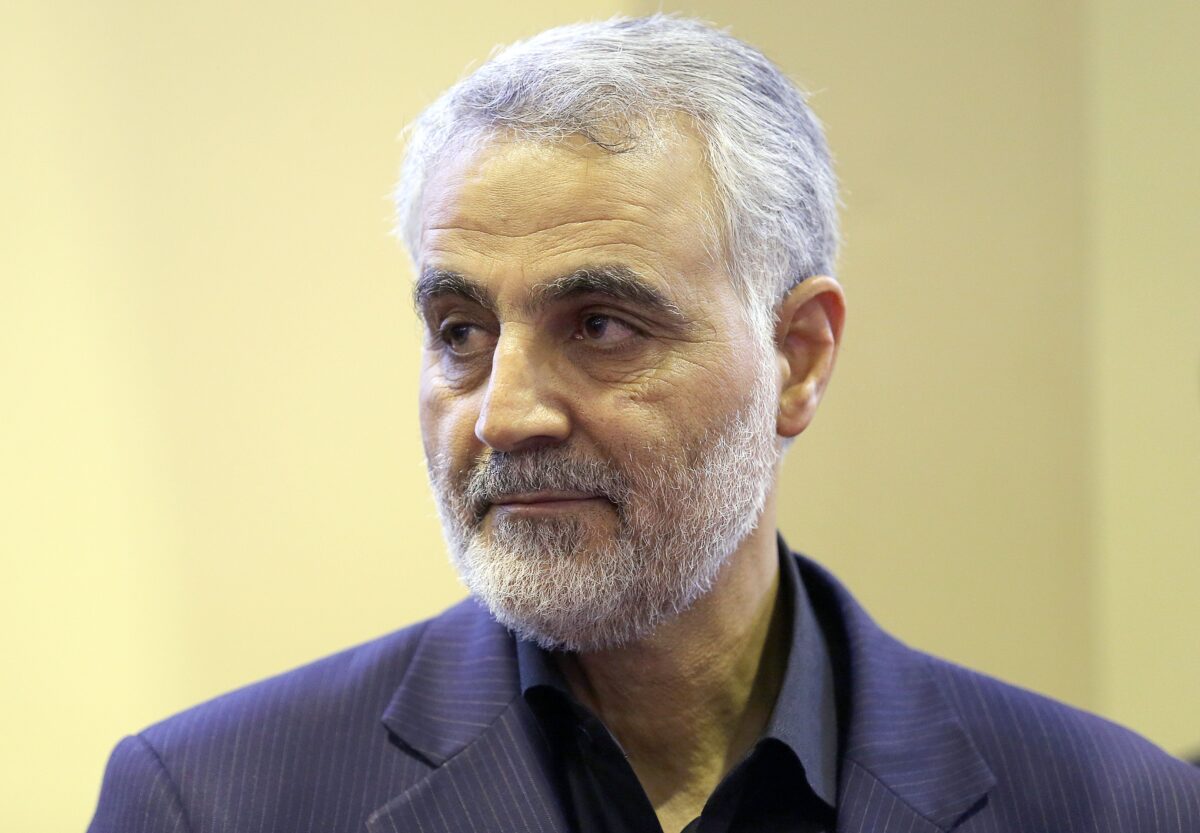Three Republicans and eight Democrats voted against the bulk of their party on Thursday when the House approved a non-binding war powers resolution.
President Donald Trump ally Rep. Matt Gaetz (Fla.) and two other GOP members, Reps. Thomas Massie (Ky.) and Francis Rooney (Fla.) voted for the resolution while eight Democrats—Reps. Ben McAdams (Utah), Anthony Brindisi (N.Y.), Joe Cunningham (S.C.), Kendra Horn (Okla.), Stephanie Murphy (Fla.), Josh Gottheimer (N.J.), Max Rose (N.Y.), and Elaine Luria (Va.), all known as moderates—voted against it.
Most of the Democrats represent districts that voted for Trump in 2016 and face tough re-election battles this year.
Murphy, who used to work for the Department of Defense as a national security specialist, said she was concerned about Trumps strategy in the Middle East but said the War Powers Act of 1973 already restricts a presidents power to engage in military action without the consent of Congress.


“There is no question Qassem Soleimani met his just end. While Americans may have different views on the timing and wisdom of the strike on Soleimani, the United States now faces new and evolving threats from Iran and its proxies—and tens of thousands of American servicemembers and other personnel remain in harms way. We must be prepared to act swiftly, proportionally, and effectively to keep America and our allies safe,” she said in a statement.
“The War Powers Act of 1973 already restricts the presidents ability to engage our nation in military conflict without authorization from Congress. Based on my experience as a national security specialist in the Pentagon and on classified briefings, I voted against the War Powers Resolution today because I am not prepared to unduly limit our nations ability to respond to different contingencies that may arise.”
Murphy said she does believe Congress must conduct rigorous oversight to make sure the Trump administration has a “pragmatic and principled strategy for the broader Middle East.”
Gottheimer said Trump “was justified in eliminating” Soleimani, the head of the Iranian Revolutionary Guard Corps Quds Force, calling the slain general “a heinous terrorist.”


Listing reasons he opposed the war powers resolution, the congressman added: “First, I am concerned that this resolution, as it is written, could limit our nations ability to confront, thwart, and respond to grave and potentially unforeseen threats in the region. Second, I am concerned that this resolution sends conflicting signals to Iran and to its terrorist proxies. Third, this non-binding resolution simply mirrors existing law.”
“The War Powers Act of 1973 already limits tRead More – Source
[contf]
[contfnew]

The Epoch Times
[contfnewc]
[contfnewc]























































